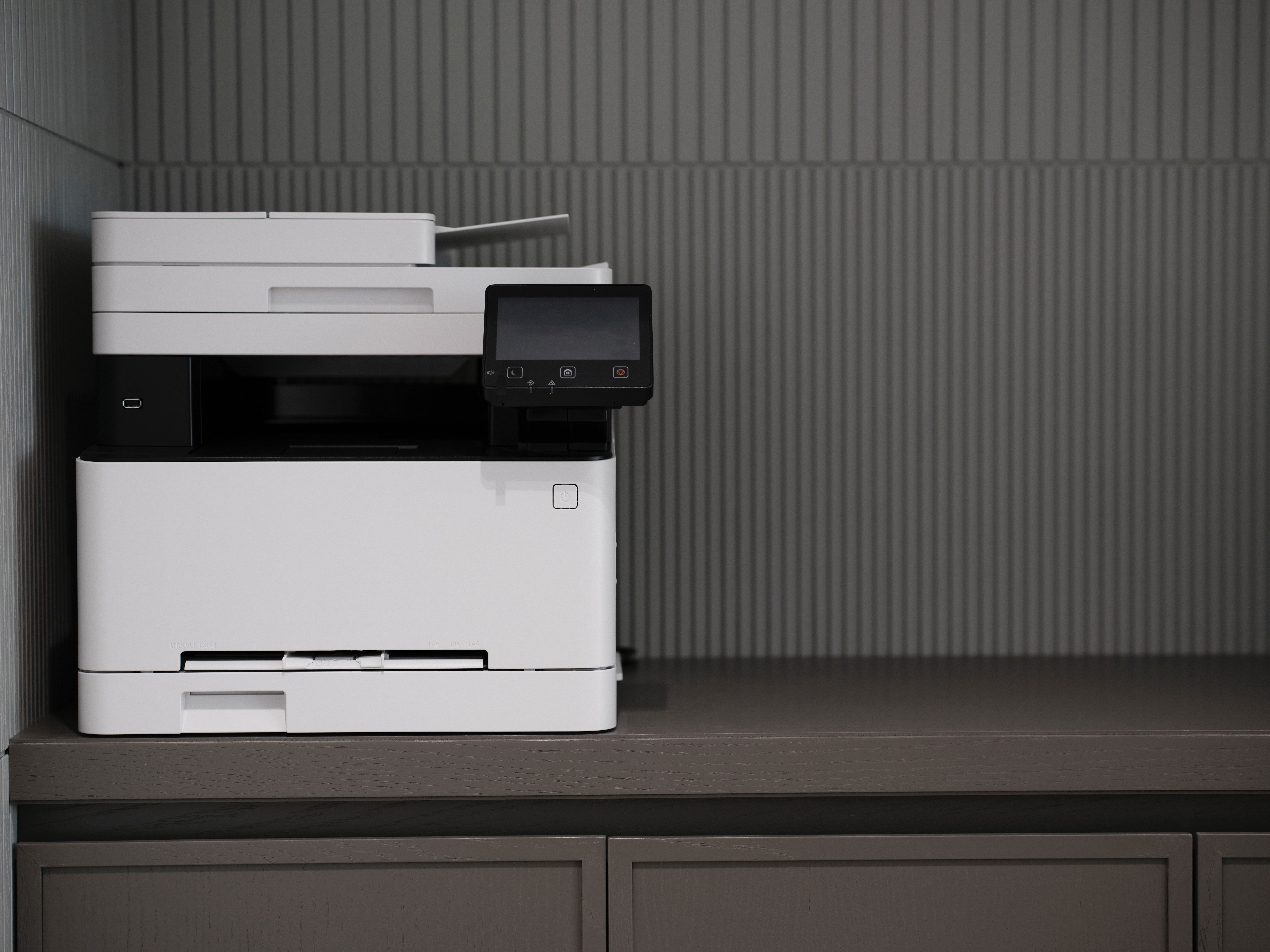Business Tech
Print becomes enabler for digital tech
Nashua’s survival is party thanks to looking beyond specific tech to a broader ecosystem, writes ARTHUR GOLDSTUCK.
Share
- Click to share on Twitter (Opens in new window)
- Click to share on Facebook (Opens in new window)
- Click to share on LinkedIn (Opens in new window)
- Click to email a link to a friend (Opens in new window)
- Click to share on Reddit (Opens in new window)
- Click to share on WhatsApp (Opens in new window)
- Click to share on Pinterest (Opens in new window)
It has become a rarity for technology companies to thrive for half-a-century or more. Globally, the likes of Intel, Apple and IBM are exceptions. In South Africa, rare hardly begins to describe the lack of longevity in the high-tech space.
For that reason, the 50th anniversary of office technology company Nashua, celebrated at an event in Johannesburg on Wednesday, is not only noteworthy, but quite astonishing. It is a company that should have disappeared in the wake of the death of the fax machine, landlines and answering machines.
Instead, it evolved into a major player in office automation and related technology. The secret, said CEO Barry Venter, is that it places the needs of the customer first, rather than the sales of devices. For that reason, it had started preparing for cloud solutions long before the Covid-19 pandemic, as it recognised an increasing need for working from anywhere.
“We work with business to understand their needs and how to help them operationalise these technologies to support the business going forward,” he told a small gathering.
“Eskom struck all of us quite significantly. Immediately, we saw a significant reduction in our annuity business. Everything just fell through the carpet overnight. So we started launching backup solutions to support our immediate customer base to ensure that they could continue with their business and, at the same time, protecting our money.
“We launched energy generation solutions, and the demand from the market has been quite extensive. We’ve now got 56 partners across South Africa to help us with engineering and installation. We just cannot keep up. But the purpose is the continuity of the workspace, whether at your home office or at your work office.”
Nashua is part of the JSE-listed Reunert group, which has a portfolio of businesses across electrical engineering, information and communications technologies (ICT) and applied electronics. Nashua handles the ICT segment, but has also expanded beyond traditional technologies, into areas like currency management solutions, to address exchange rate fluctuations during the purchase of technology.
That encapsulates looking beyond the specific tech to a broader ecosystem of solutions.
For example, Venter told Business Times, printing was still a major part of the business, within the category of multifunction devices.
“The multifunction device has two components: the output device to get the actual paper out that people need to work on. And then you’ve got the scanning functionality behind it that allows for the digitisation of that document. From there, how do you index it, how do you embed it, and how do you get workflows behind it from a retrieval perspective? Then you can start with automation and processing. So, the multifunction machine as we know it today is an enabler, as a starting point for digitalisation.”
Print itself still has a long life, however.
“In the context of Covid we saw a massive reduction of business but also a massive investment in the mobile office, specifically in ink. As we have seen the market recover over the last two years, we have seen a drop in print volume. However, education has invested in printing equipment to print their own books and deliver it themselves, instead of outsourcing. It is more effective and efficient for them. And the same in the SME market. They don’t necessarily have capital available to invest in digitisation.
“In a one-man business, he does not see the value in it. He needs the output as well as the input device. He needs the print functionality to continue running his business.
“In the South African context, for digitalisation, you need solid strong connectivity layers. You need continuous power. In our country it depends where you are. It’s not consistent, and that’s where the printer plays a major role in the sustainability of these businesses.”
* Arthur Goldstuck is founder of World Wide Worx and editor-in-chief of Gadget.co.za. Follow him on Twitter on @art2gee
Share
- Click to share on Twitter (Opens in new window)
- Click to share on Facebook (Opens in new window)
- Click to share on LinkedIn (Opens in new window)
- Click to email a link to a friend (Opens in new window)
- Click to share on Reddit (Opens in new window)
- Click to share on WhatsApp (Opens in new window)
- Click to share on Pinterest (Opens in new window)
| Thank you for Signing Up |

















